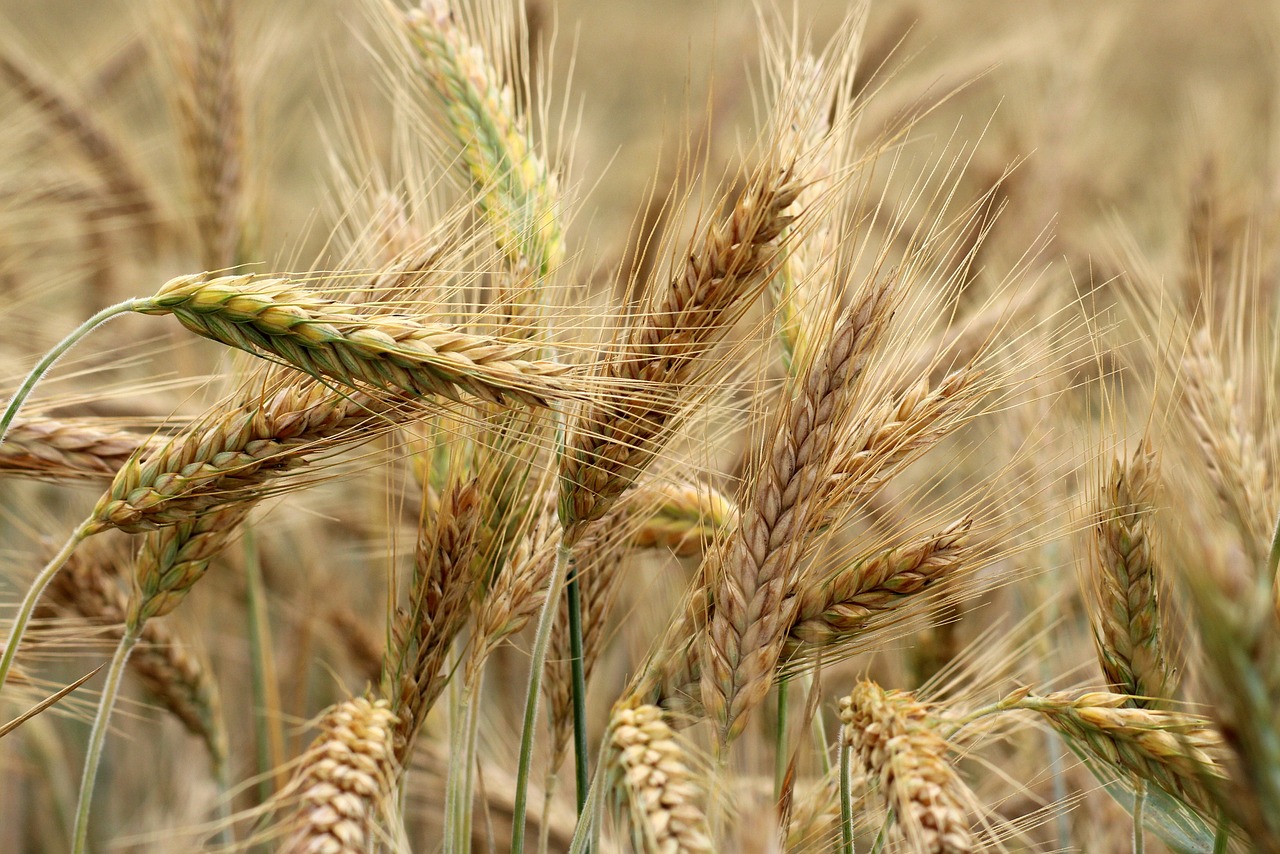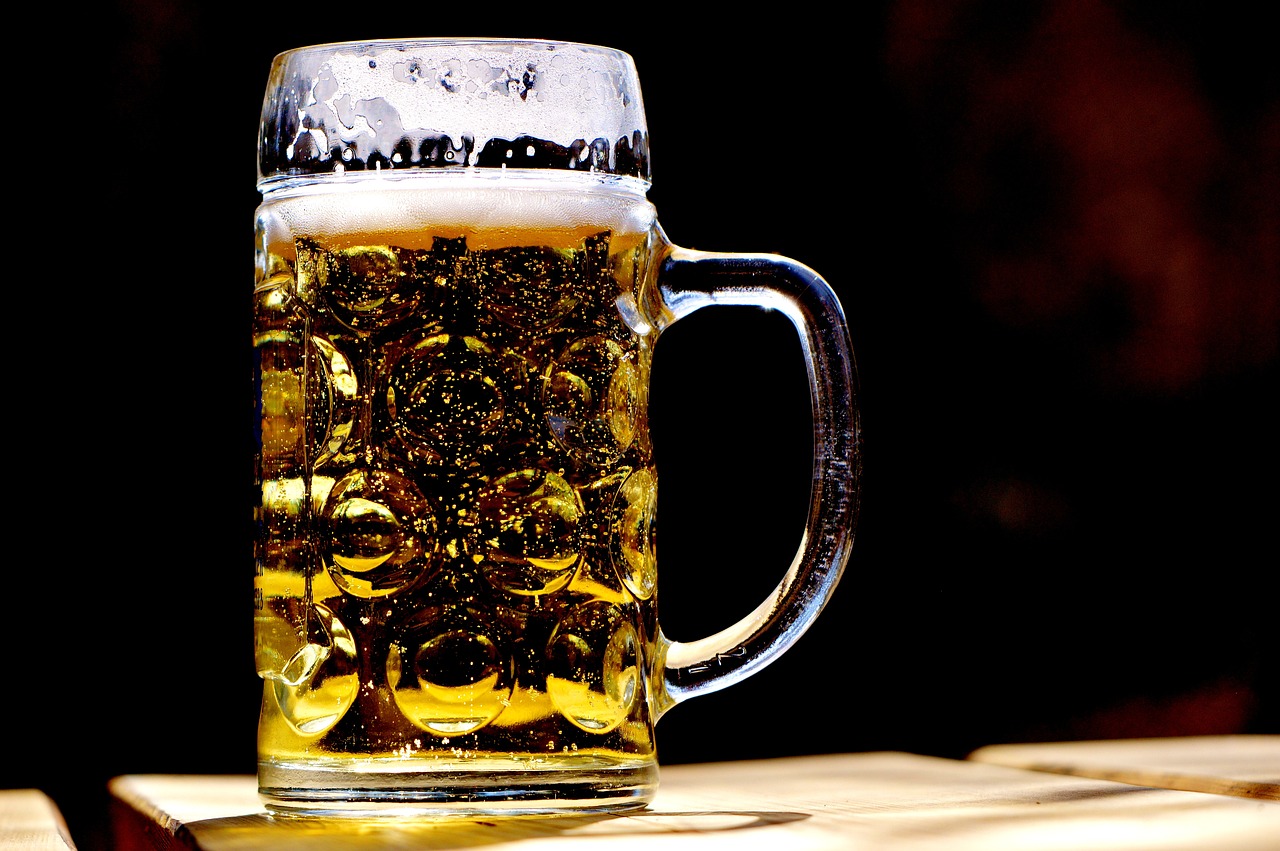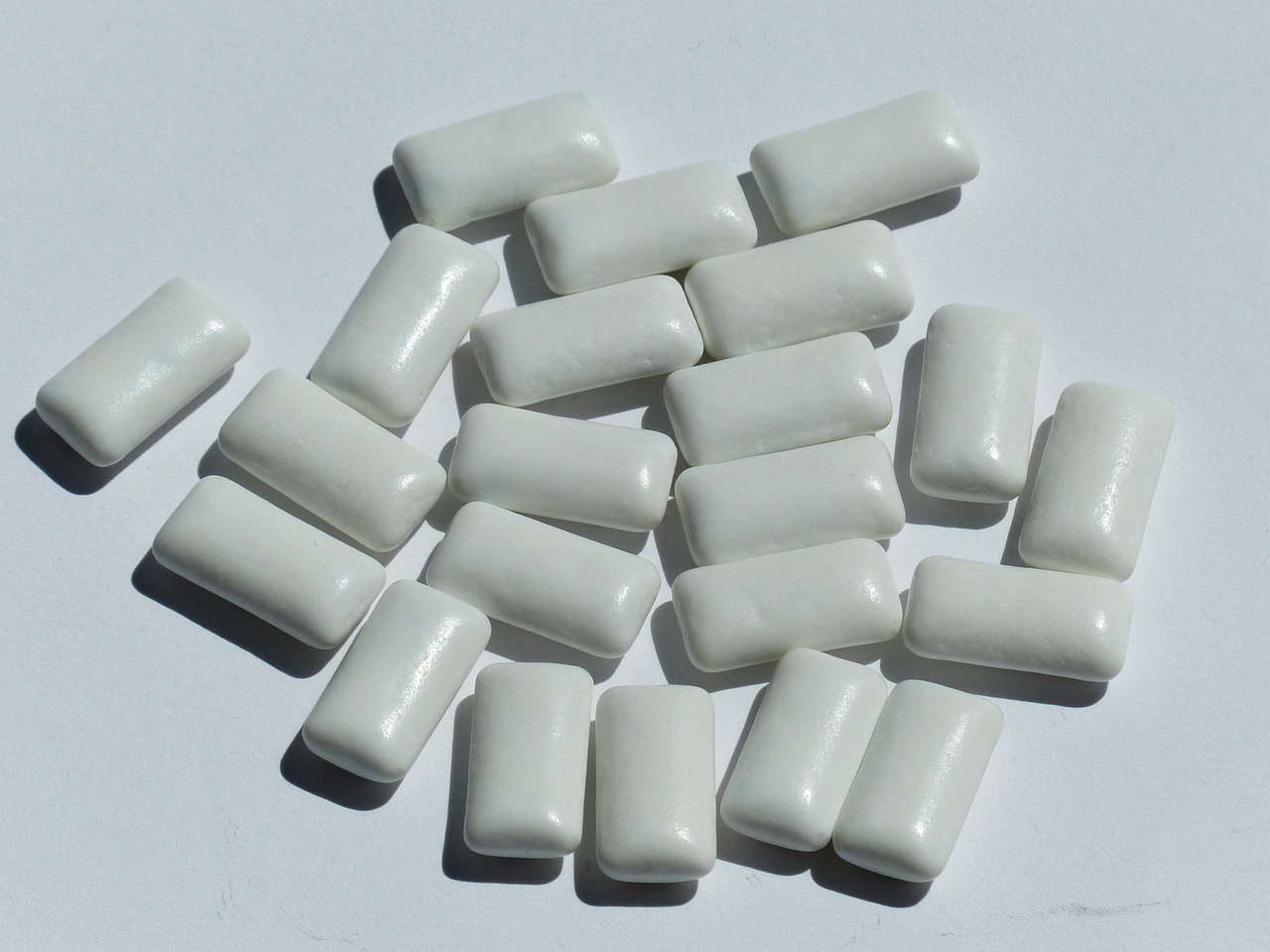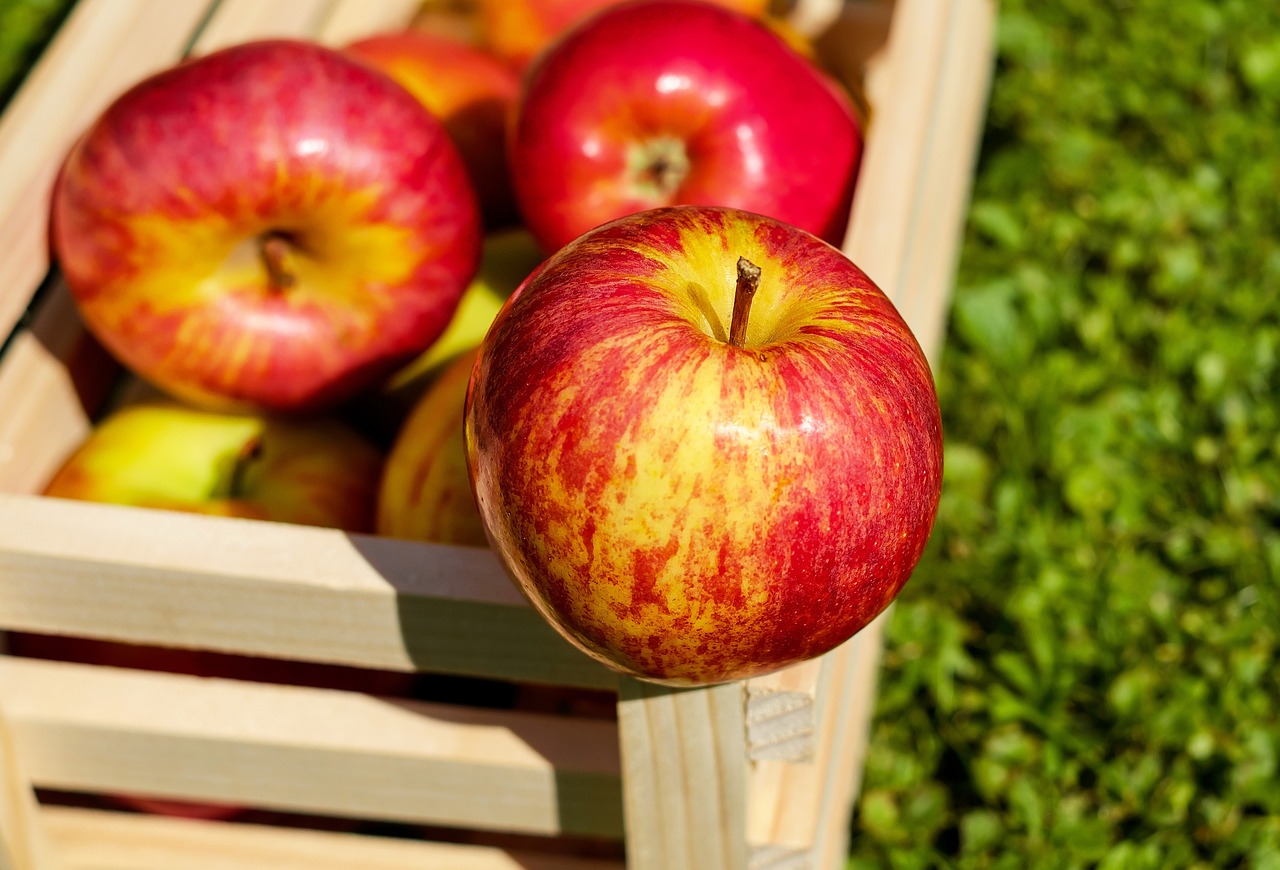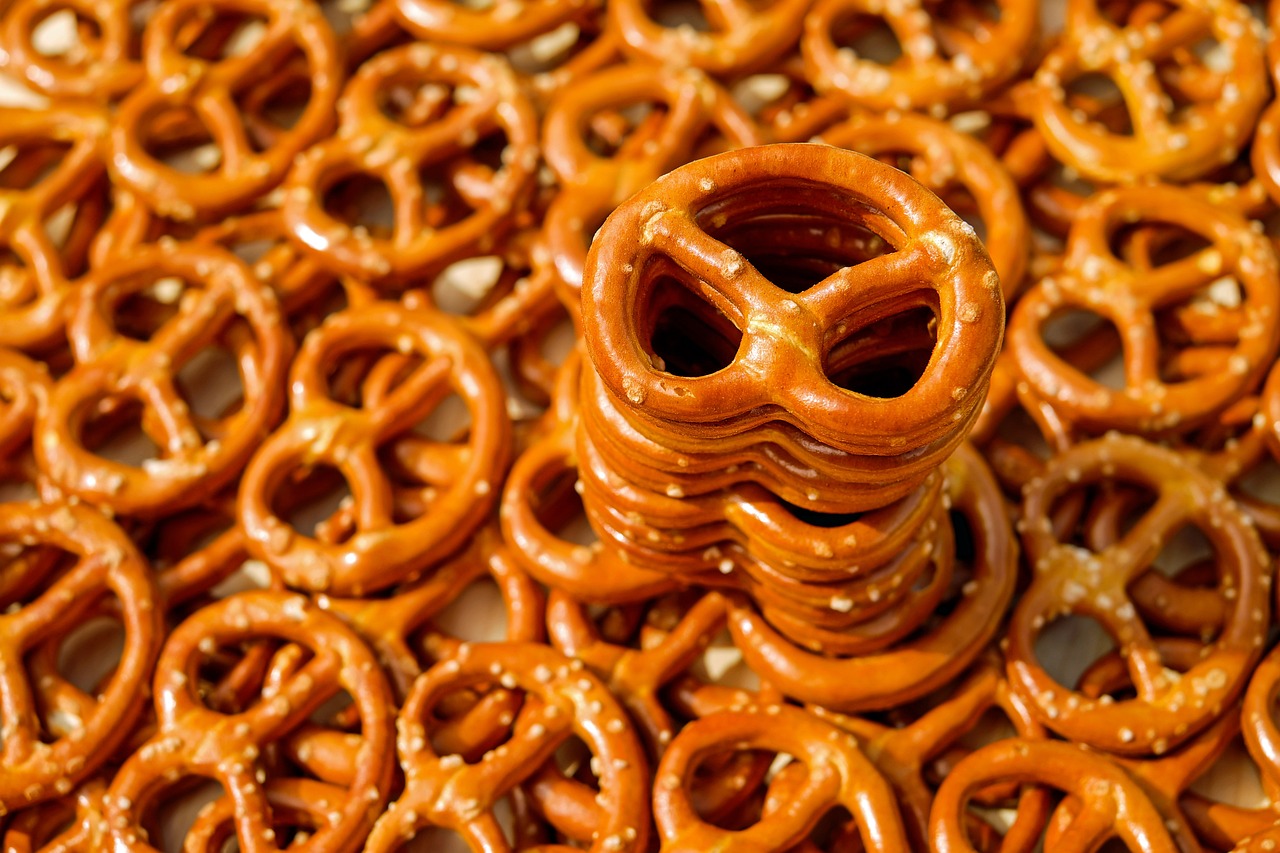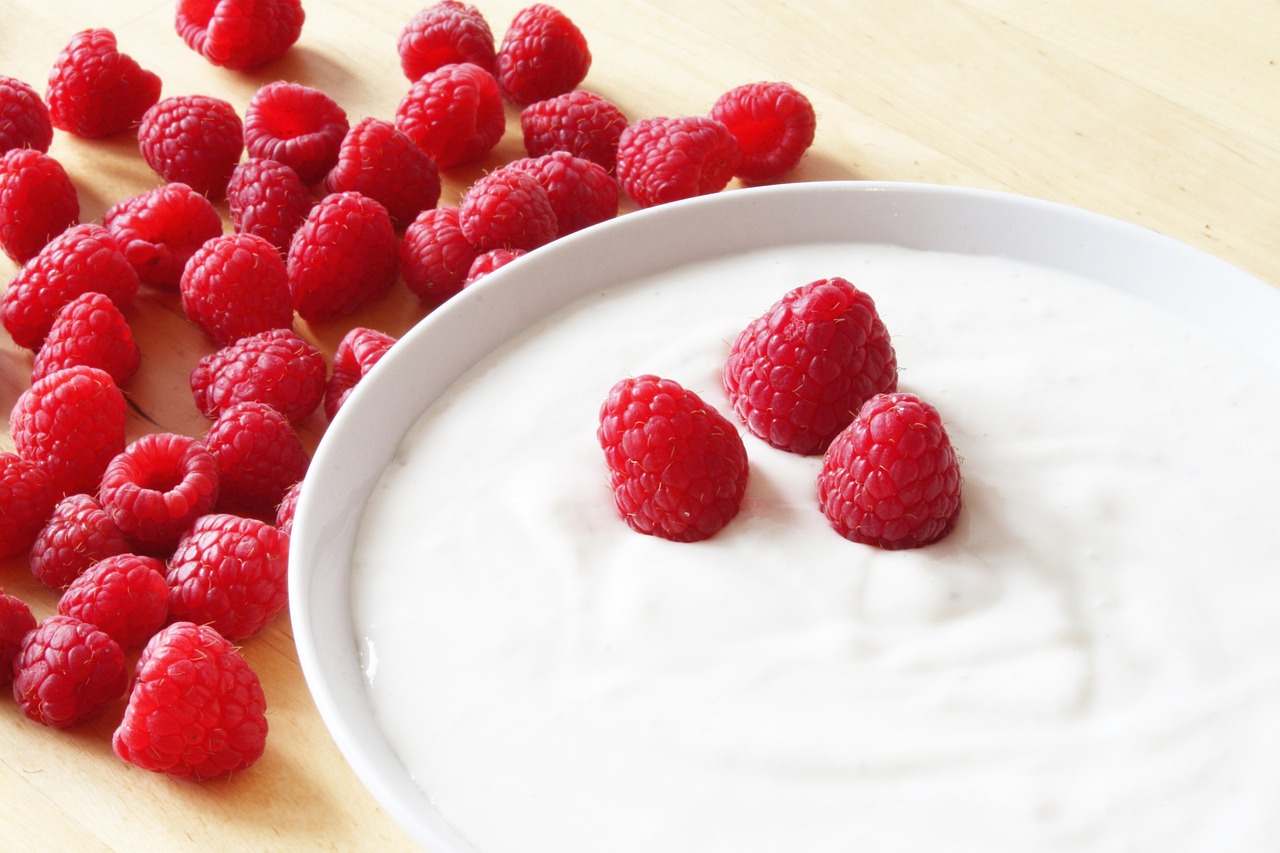15 Foods That Can Cause Bloating and 15 Foods That May Relieve It
Bloating – that uncomfortable feeling of a swollen or distended belly – is a common digestive issue for many. Often caused by certain foods, it can lead to discomfort and even embarrassment. But fear not! By identifying and understanding the foods that often lead to bloating, you can tailor your diet for better digestive health.
Starting with the culprits...
 Image by Darko Djurin from Pixabay
Image by Darko Djurin from Pixabay
1. Beans
Beans are nutritional powerhouses, packed with protein and fibre. However, they contain sugars and fibres that our bodies struggle to absorb. This leads to fermentation in the gut, producing gas and, consequently, bloating. Soaking beans before cooking can help reduce these effects.
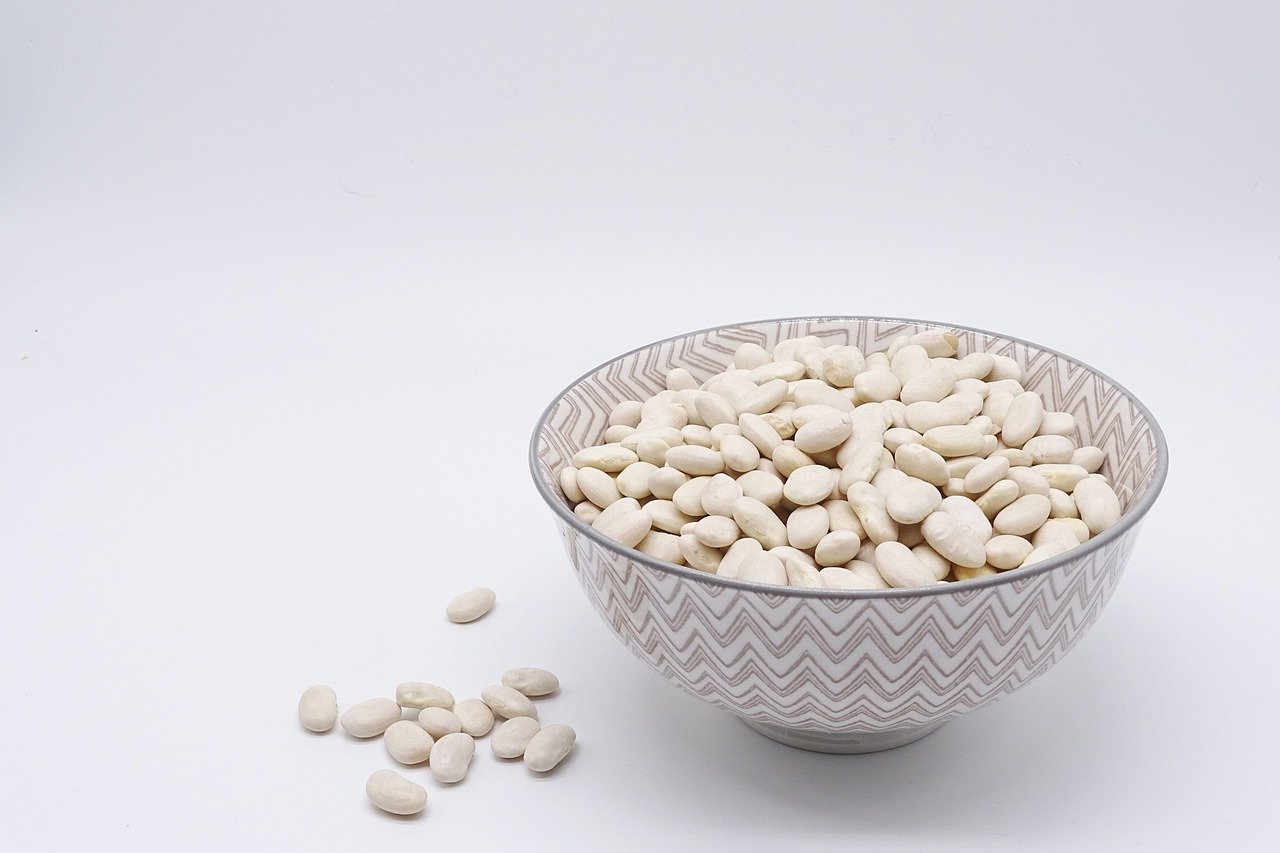 Image by Petra Göschel from Pixabay
Image by Petra Göschel from Pixabay
2. Carbonated Drinks
Fizzy drinks, including sodas and sparkling water, introduce extra gas into your digestive system. This can cause a build-up of air in your belly, leading to bloating. Opting for still water or herbal teas can be a simple yet effective switch.
 Image by Steve Buissinne from Pixabay
Image by Steve Buissinne from Pixabay
3. Broccoli and Cruciferous Vegetables
Broccoli, Brussels sprouts, cauliflower, and cabbage – while highly nutritious – are high in a complex sugar called raffinose. This sugar is not easily digested and can ferment in the gut, causing gas and bloating.
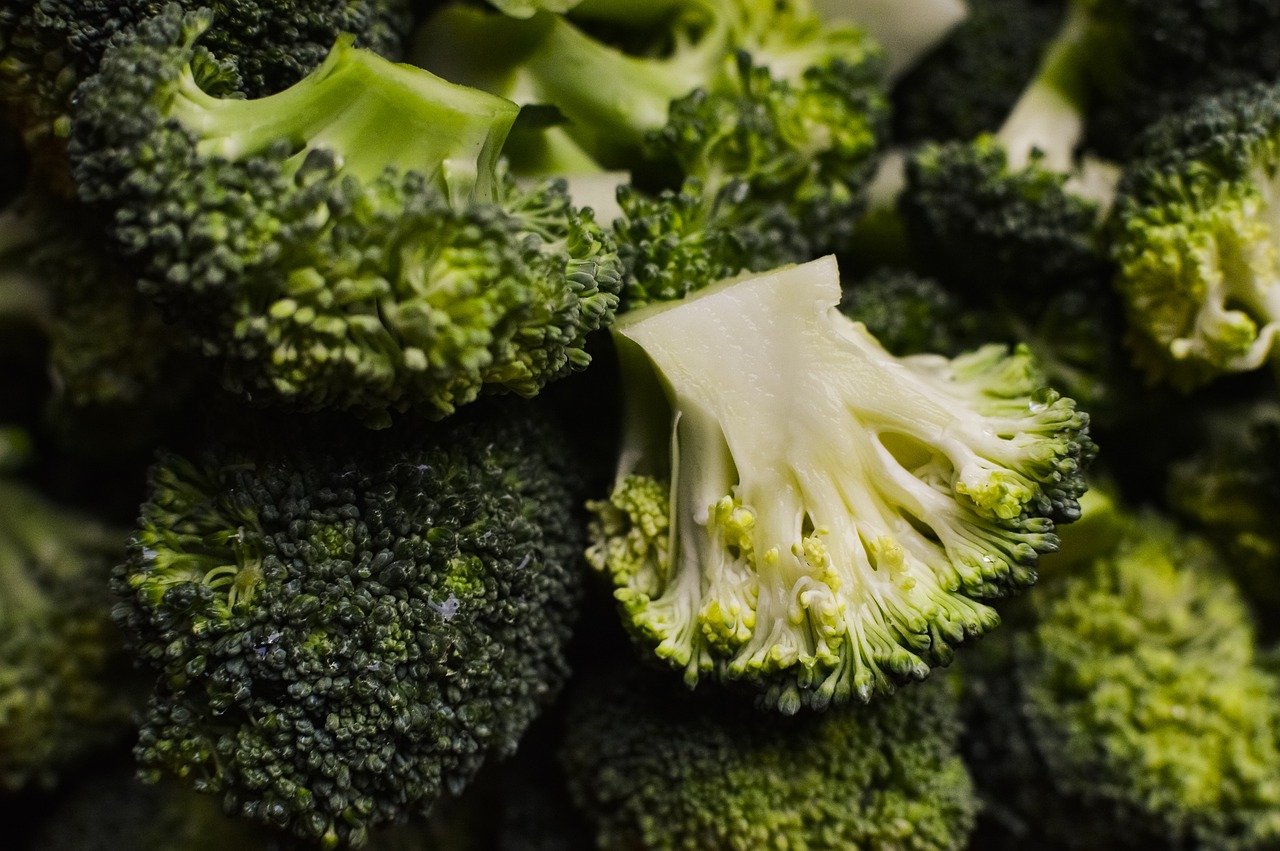 Image by Meszárcsek Gergely from Pixabay
Image by Meszárcsek Gergely from Pixabay
4. Dairy Products
For individuals with lactose intolerance, dairy products can be a major bloating trigger. Lactose, the sugar found in milk, requires the enzyme lactase for digestion. In its absence, dairy can ferment in the gut, causing gas and discomfort.
 Image by Daniel Albany from Pixabay
Image by Daniel Albany from Pixabay
5. Garlic and Onions
Garlic and onions are staples in many diets, but they contain fructans – carbohydrates that can cause bloating, especially in people with irritable bowel syndrome (IBS).
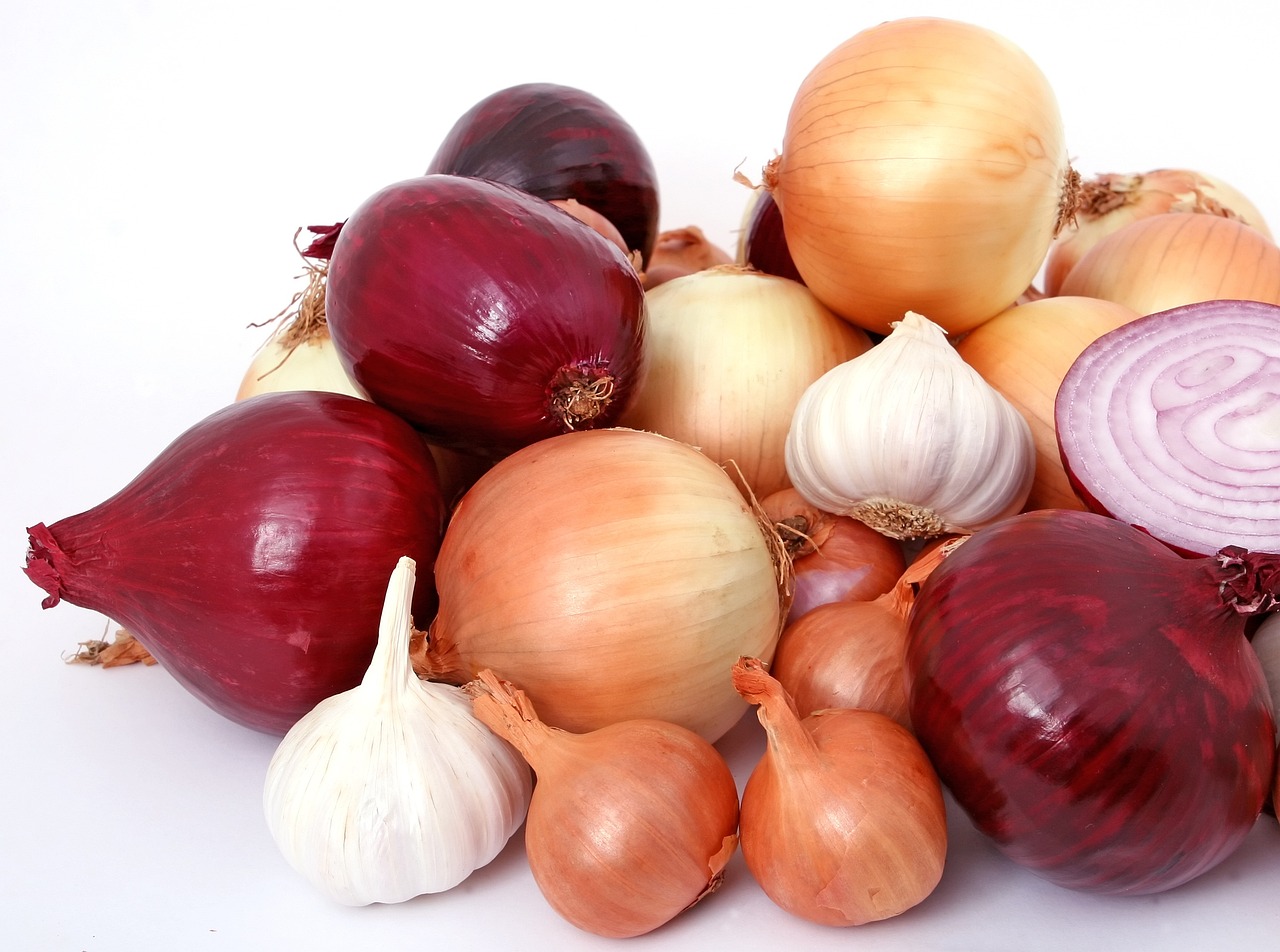 Image by Robert Owen-Wahl from Pixabay
Image by Robert Owen-Wahl from Pixabay
6. Barley
This nutritious grain is rich in fiber but also contains gluten and fermentable fibers, which can cause bloating in sensitive individuals. Opting for gluten-free grains like rice or quinoa can be a good alternative.
7. Rye
Like barley, rye is a gluten-containing grain. It can cause bloating and other digestive issues in people with gluten sensitivity or celiac disease.
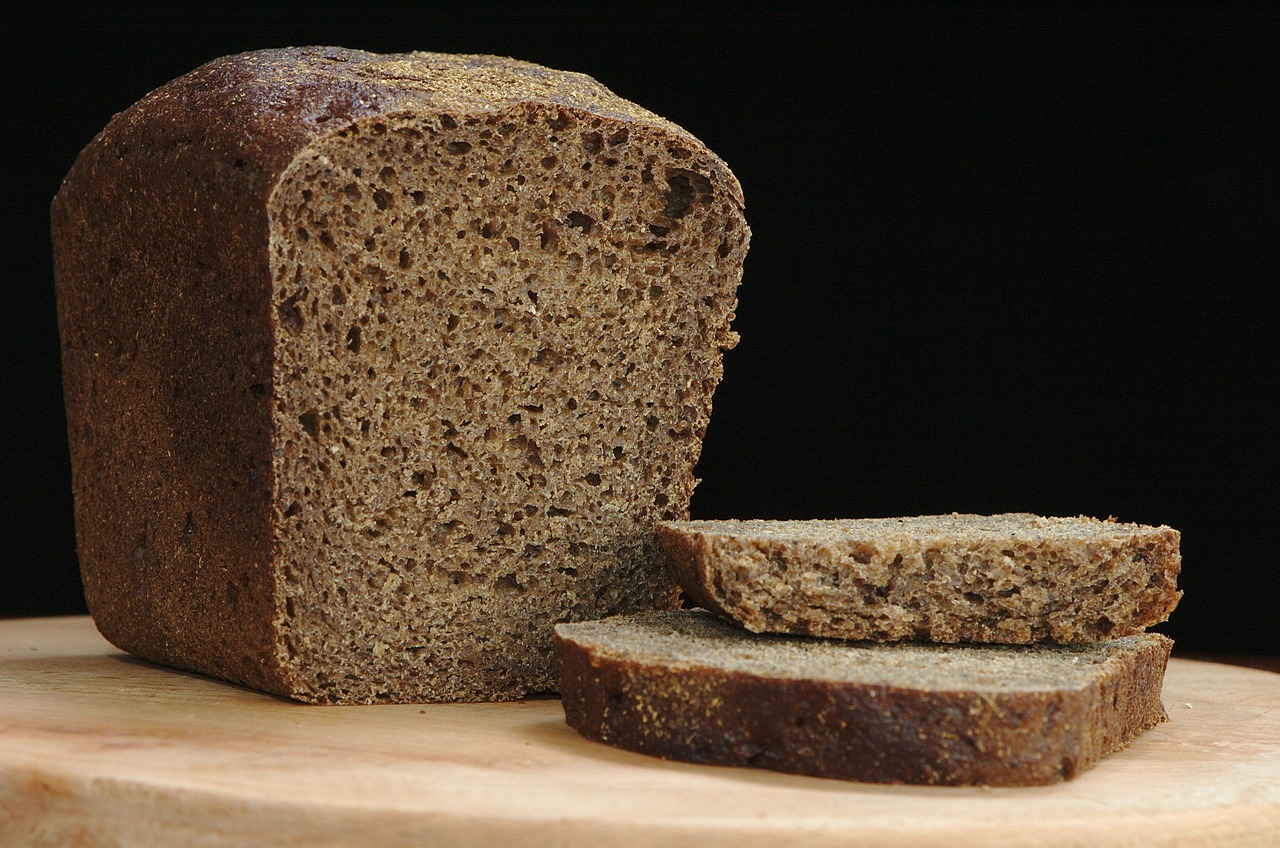 Image by Vlad Nordwing from Pixabay
Image by Vlad Nordwing from Pixabay
8. Artificial Sweeteners
Found in many sugar-free products, artificial sweeteners like sorbitol and xylitol can be difficult for the body to absorb. They can ferment in the large intestine, causing gas and bloating.
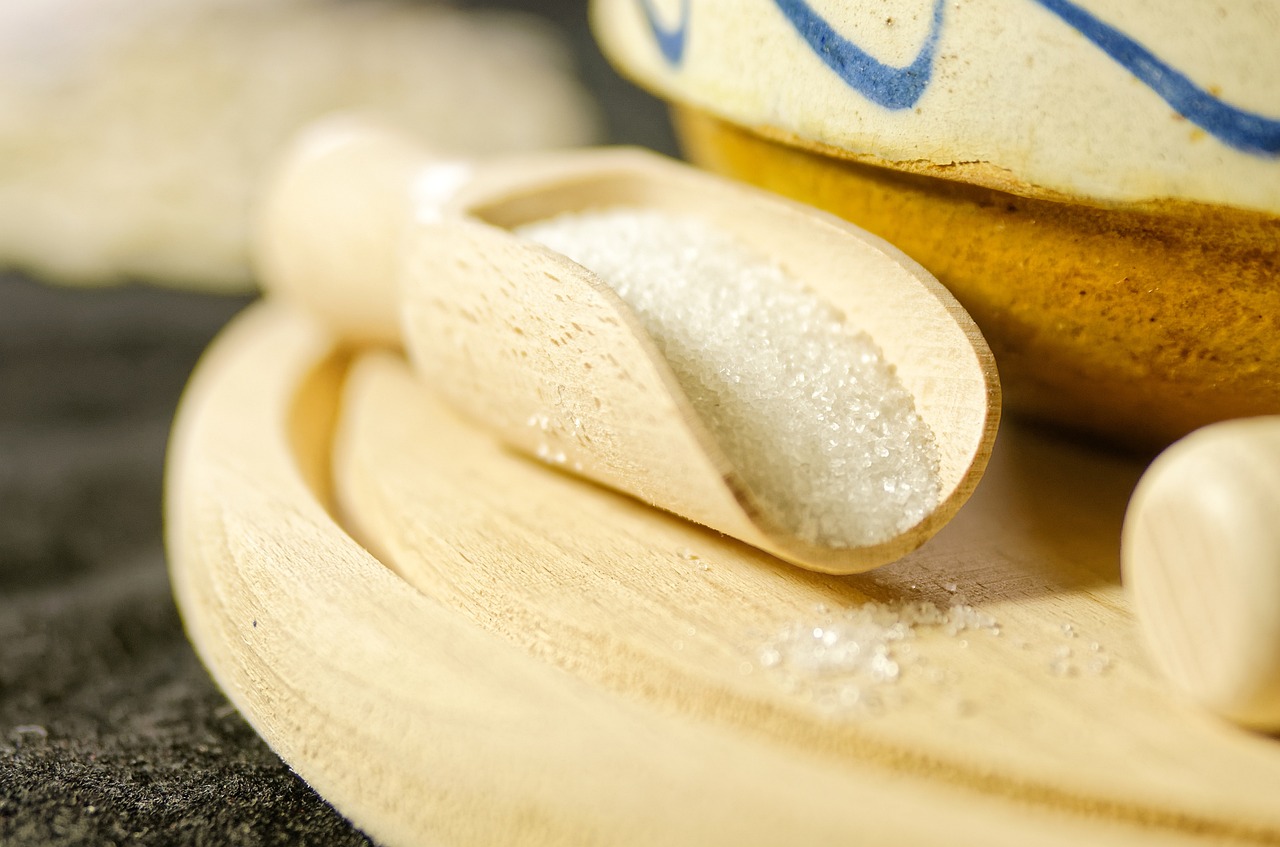 Image by Angelica Vaihel from Pixabay
Image by Angelica Vaihel from Pixabay
9. Wheat
Wheat, prevalent in many diets, contains a protein called gluten. For people with celiac disease or gluten sensitivity, wheat can lead to bloating and other digestive issues.
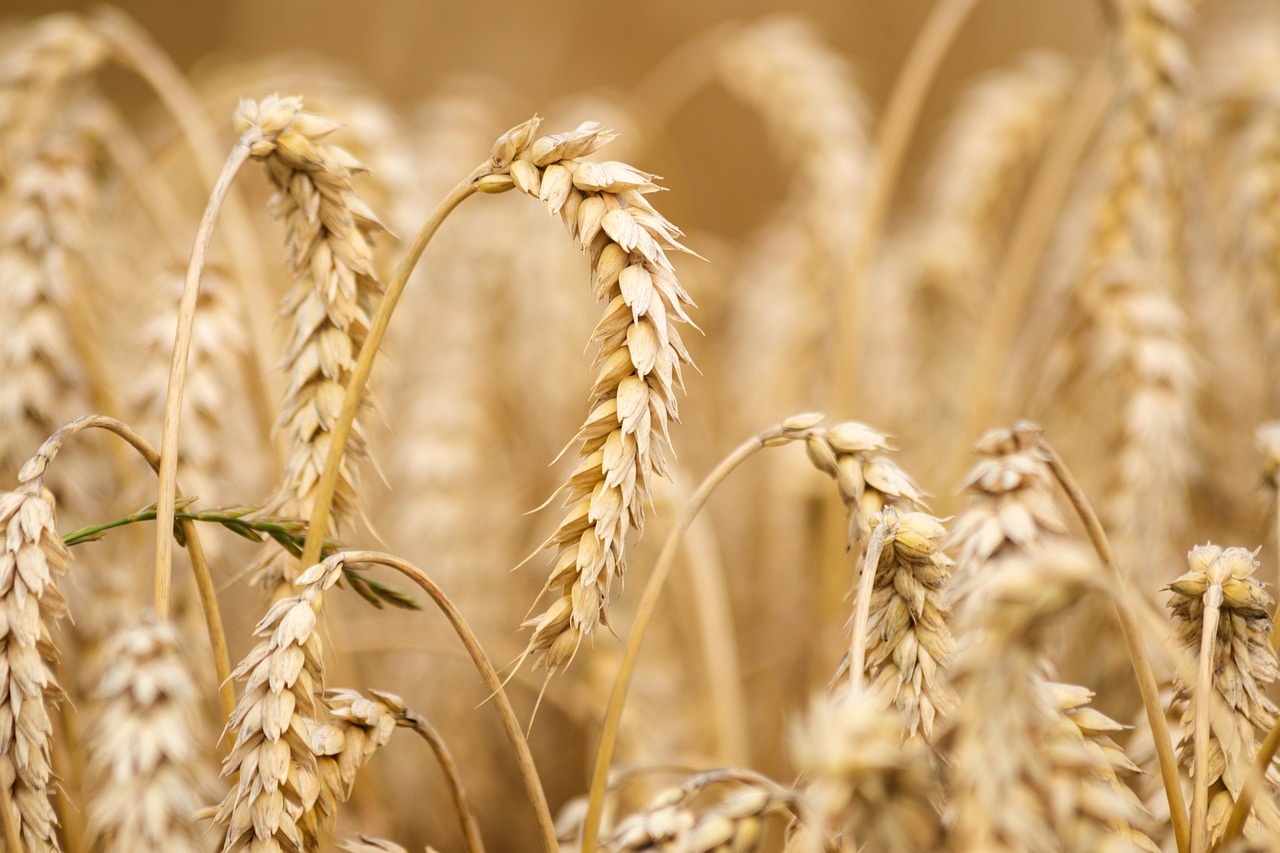 Image by minka2507 from Pixabay
Image by minka2507 from Pixabay
10. Legumes
Aside from beans, other legumes like lentils and chickpeas can also cause bloating. They contain high amounts of protein and fiber, which can be fermentable in the gut.
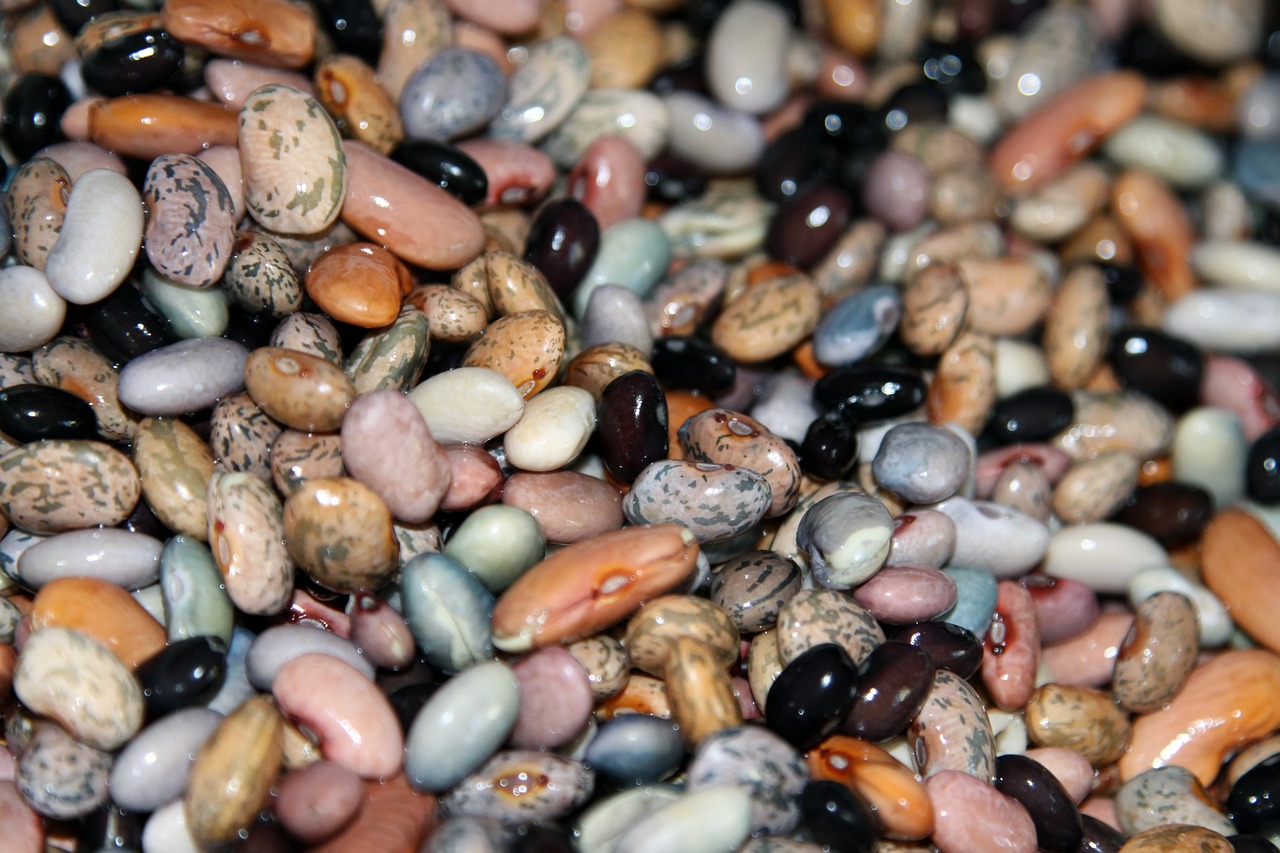 Image by starbright from Pixabay
Image by starbright from Pixabay
11. Processed Foods
High in salt, fat, and additives, processed foods can disrupt the natural balance of your digestive system, leading to bloating. Eating fresh, whole foods is a healthier alternative.
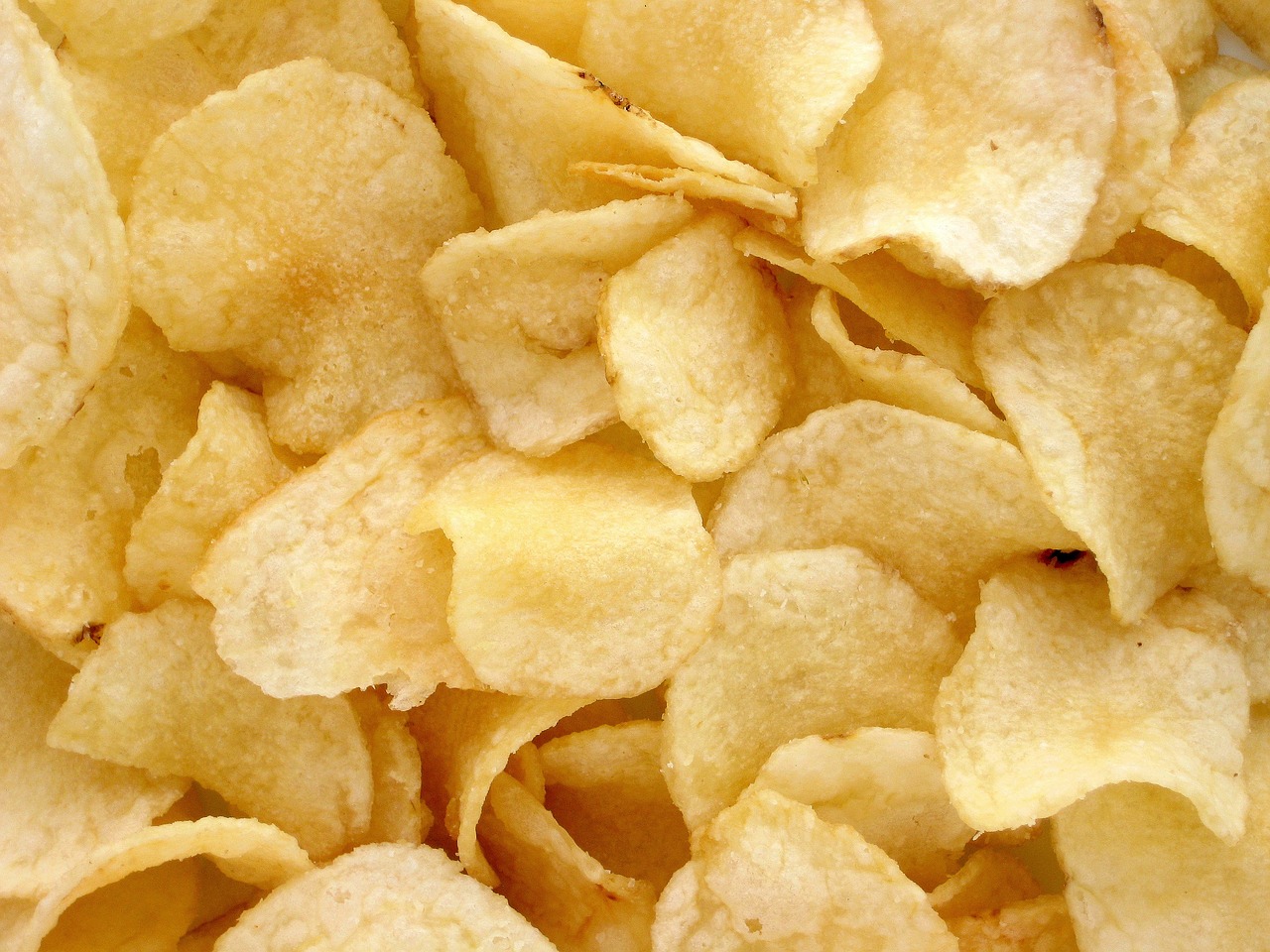 Image by Welcome to all and thank you for your visit ! ツ from Pixabay
Image by Welcome to all and thank you for your visit ! ツ from Pixabay
12. Beer
Often referred to as “liquid bread,” beer contains both carbonation and fermentable carbs, a combination that can increase bloating.
13. Chewing Gum
Chewing gum can cause you to swallow more air, which can get trapped in your digestive tract, leading to bloating.
14. Apples
Apples are healthful but also high in fiber and fructose, a combination that can ferment in your intestine and cause bloating.
15. Salty Foods
High sodium intake causes the body to retain water, which can lead to a bloated feeling. Watching your salt intake can help mitigate this issue.
Bloating doesn't have to be a regular part of your life. Just as certain foods can cause bloating, others can help alleviate it. Let's explore 15 foods that are known to soothe and reduce bloating, aiding in a more comfortable and happy digestive experience.
1. Ginger
A time-honored remedy for various digestive issues, ginger can help relax the muscles of the digestive tract, reducing bloating. A warm cup of ginger tea might just be the soothing solution you need.
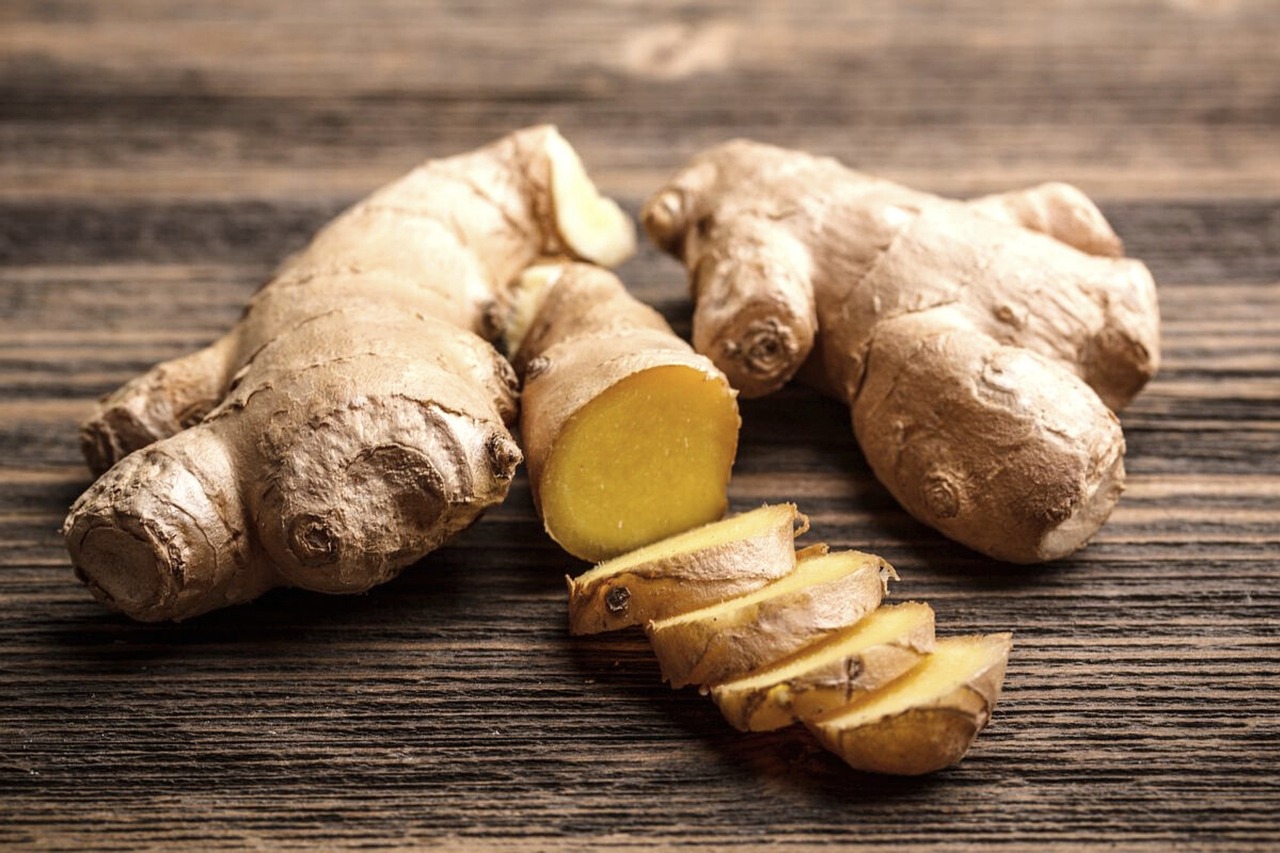 Image by Joseph Mucira from Pixabay
Image by Joseph Mucira from Pixabay
2. Bananas
Rich in potassium, bananas can help counteract the effects of sodium and reduce water retention. Incorporating bananas into your diet can be a delicious way to reduce bloating.
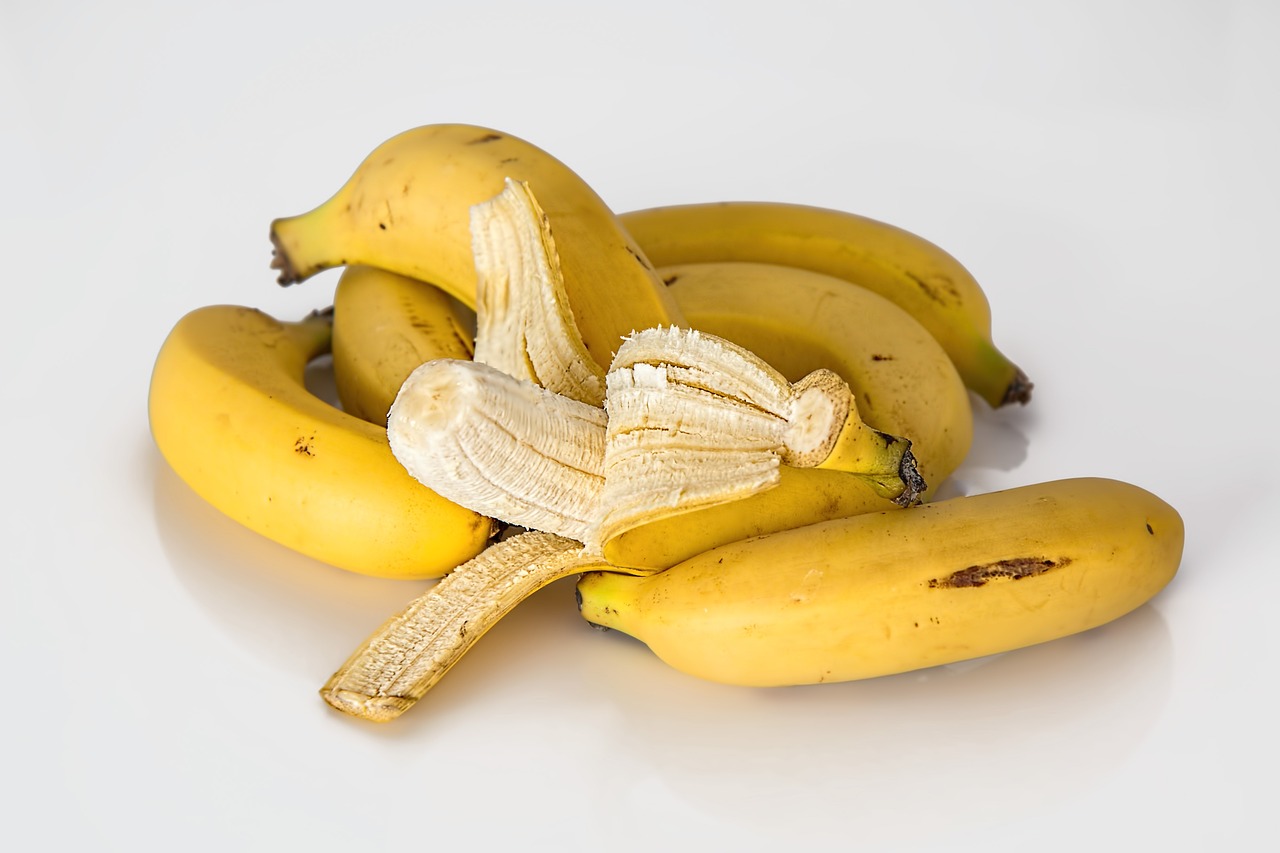 Image by Steve Buissinne from Pixabay
Image by Steve Buissinne from Pixabay
3. Cucumbers
Cucumbers have a high water content and contain quercetin, an antioxidant that helps reduce swelling. They're perfect for a hydrating, bloat-reducing snack.
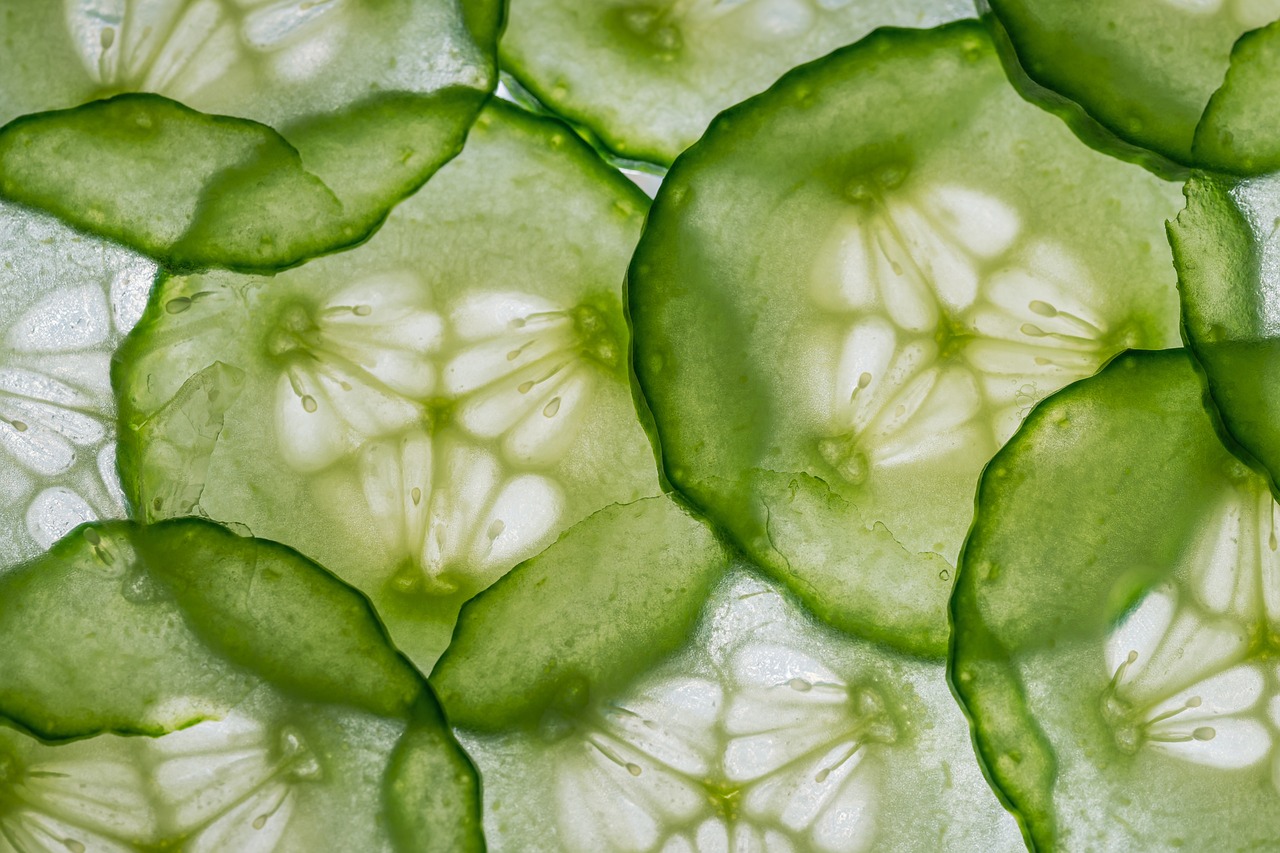 Image by Kai Reschke from Pixabay
Image by Kai Reschke from Pixabay
4. Yogurt
Yogurt with live probiotics can improve your gut flora, aiding digestion and reducing bloating. Look for varieties that have active or live cultures.
5. Peppermint Tea
Peppermint is known for its ability to reduce bloating and soothe digestive issues. Peppermint tea can be a refreshing, caffeine-free option to alleviate discomfort.
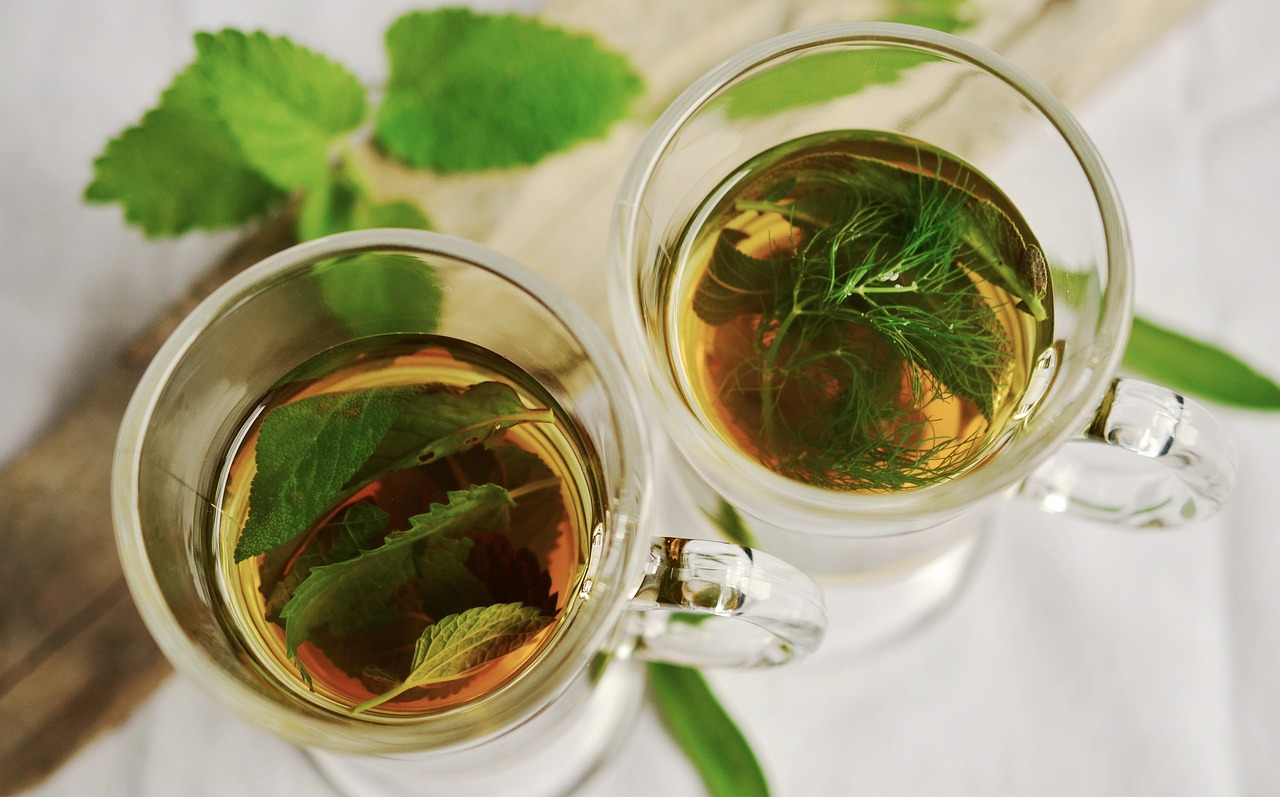 Image by congerdesign from Pixabay
Image by congerdesign from Pixabay
6. Watermelon
Like cucumbers, watermelon is high in water and potassium, which makes it excellent for reducing bloating. It’s a tasty, hydrating option, especially in warmer weather.
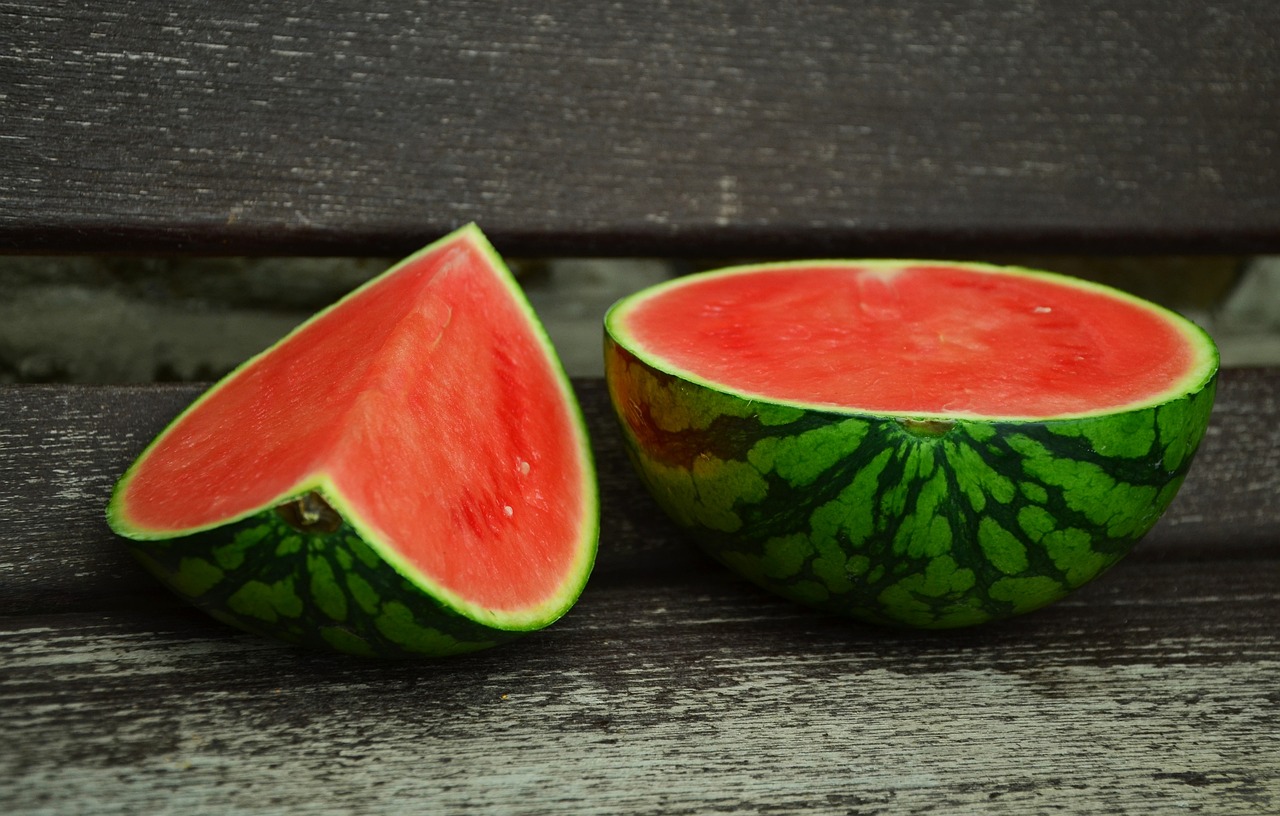 Image by congerdesign from Pixabay
Image by congerdesign from Pixabay
7. Celery
Celery has a high water content and is a natural diuretic, helping to flush out excess water and reduce bloating.
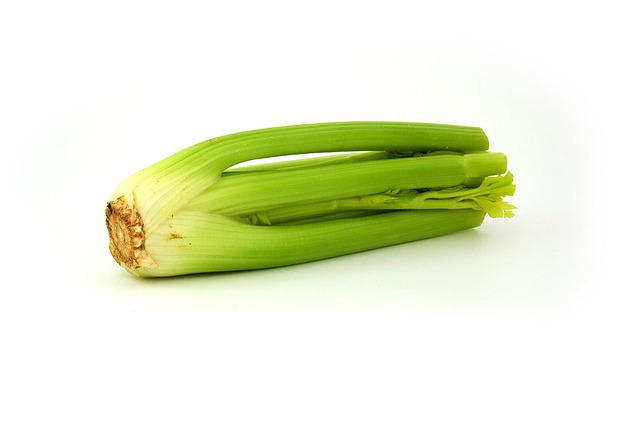 Image by PublicDomainPictures from Pixabay
Image by PublicDomainPictures from Pixabay
8. Fennel Seeds
Chewing on fennel seeds or drinking fennel tea can relax the muscles in your digestive tract and reduce bloating. They're often used in traditional medicine for this purpose.
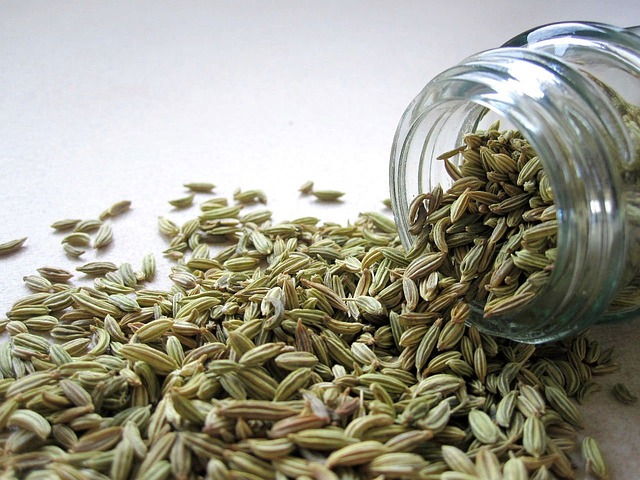 Image by PublicDomainPictures from Pixabay
Image by PublicDomainPictures from Pixabay
9. Papaya
Papaya contains an enzyme called papain, which aids in digestion and can help break down proteins in your stomach, reducing bloating.
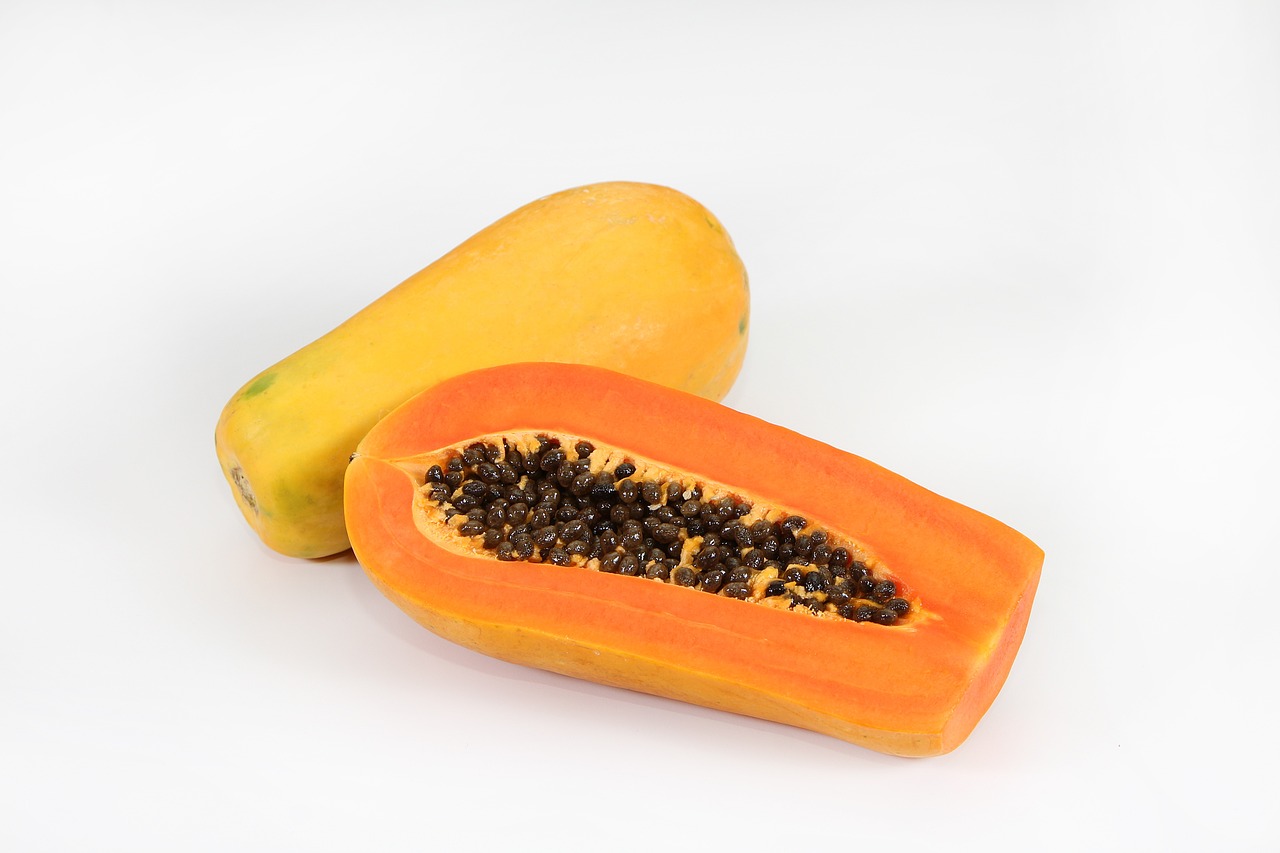 Image by Varintorn Kantawong from Pixabay
Image by Varintorn Kantawong from Pixabay
10. Pineapple
Pineapple contains bromelain, an enzyme that helps in breaking down protein and easing digestion, thereby reducing the likelihood of bloating.
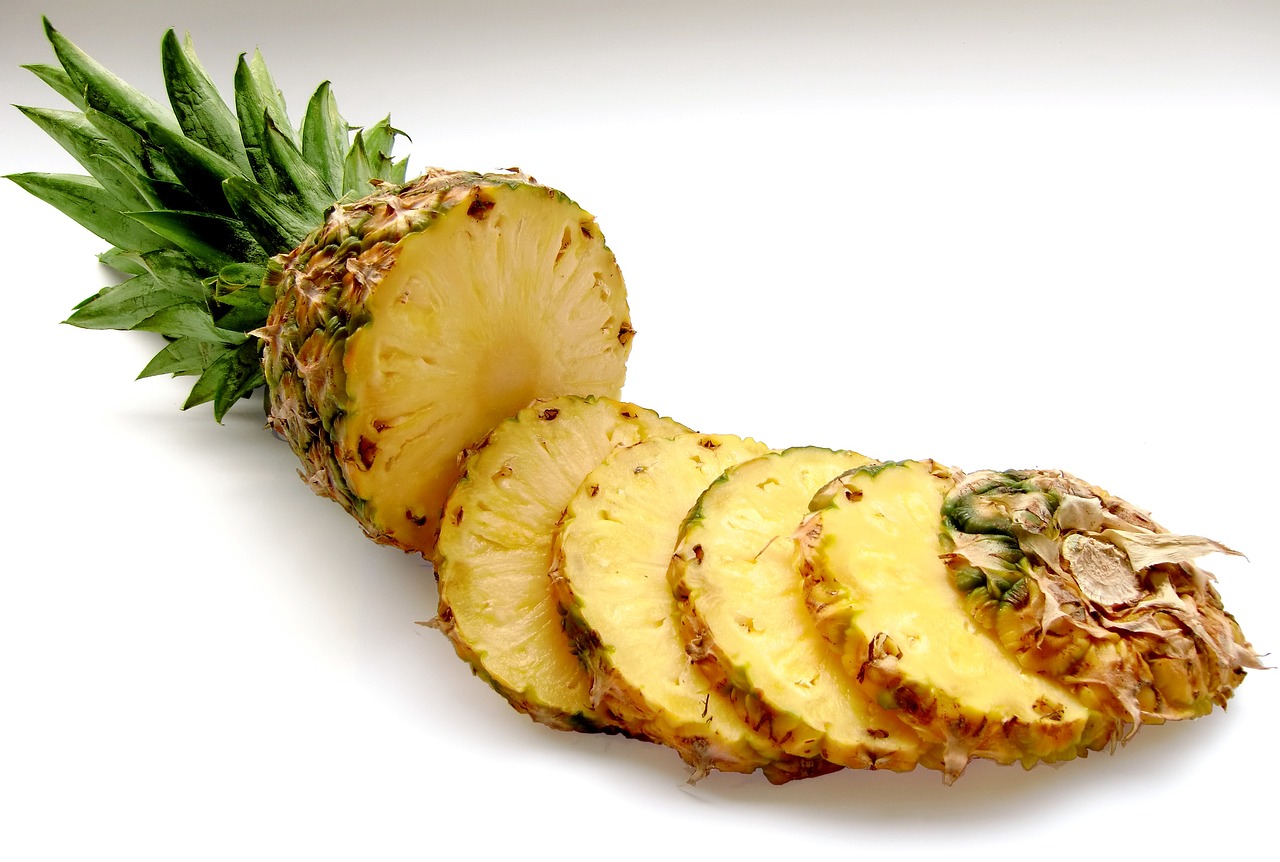 Image by Security from Pixabay
Image by Security from Pixabay
11. Oats
Oats are not only high in fiber, which is essential for good digestion, but they also contain beta-glucan, known to improve gut health and reduce bloating.
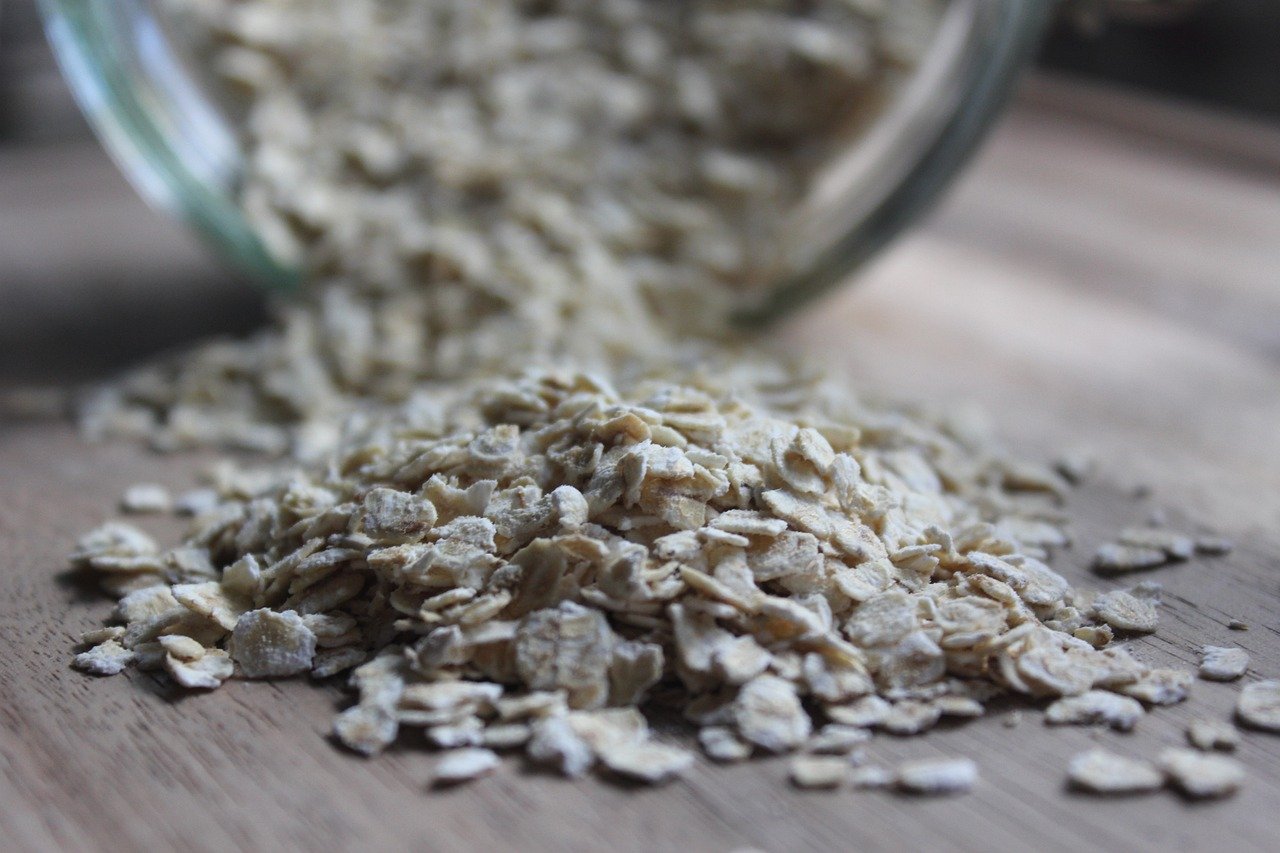 Image by Lars Beulke from Pixabay
Image by Lars Beulke from Pixabay
12. Herbal Teas
Certain herbal teas like chamomile, dandelion, and green tea are known for their diuretic and anti-bloating properties.
 Image by dungthuyvunguyen from Pixabay
Image by dungthuyvunguyen from Pixabay
13. Avocado
Rich in potassium and fiber, avocados can help prevent constipation and reduce bloating.
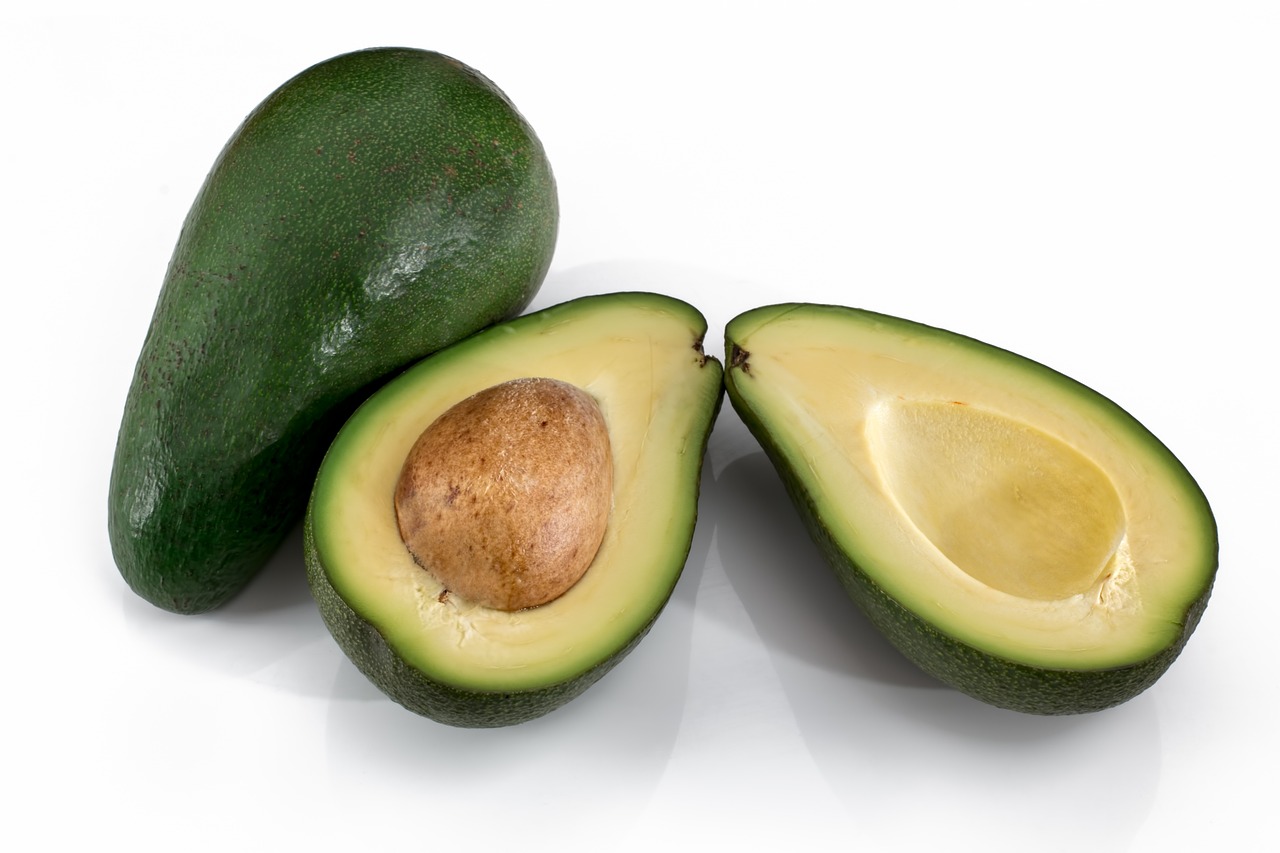 Image by Steve Buissinne from Pixabay
Image by Steve Buissinne from Pixabay
14. Kiwi
Kiwi is not only a good source of fiber but also contains actinidin, an enzyme that helps improve digestion and reduce bloating.
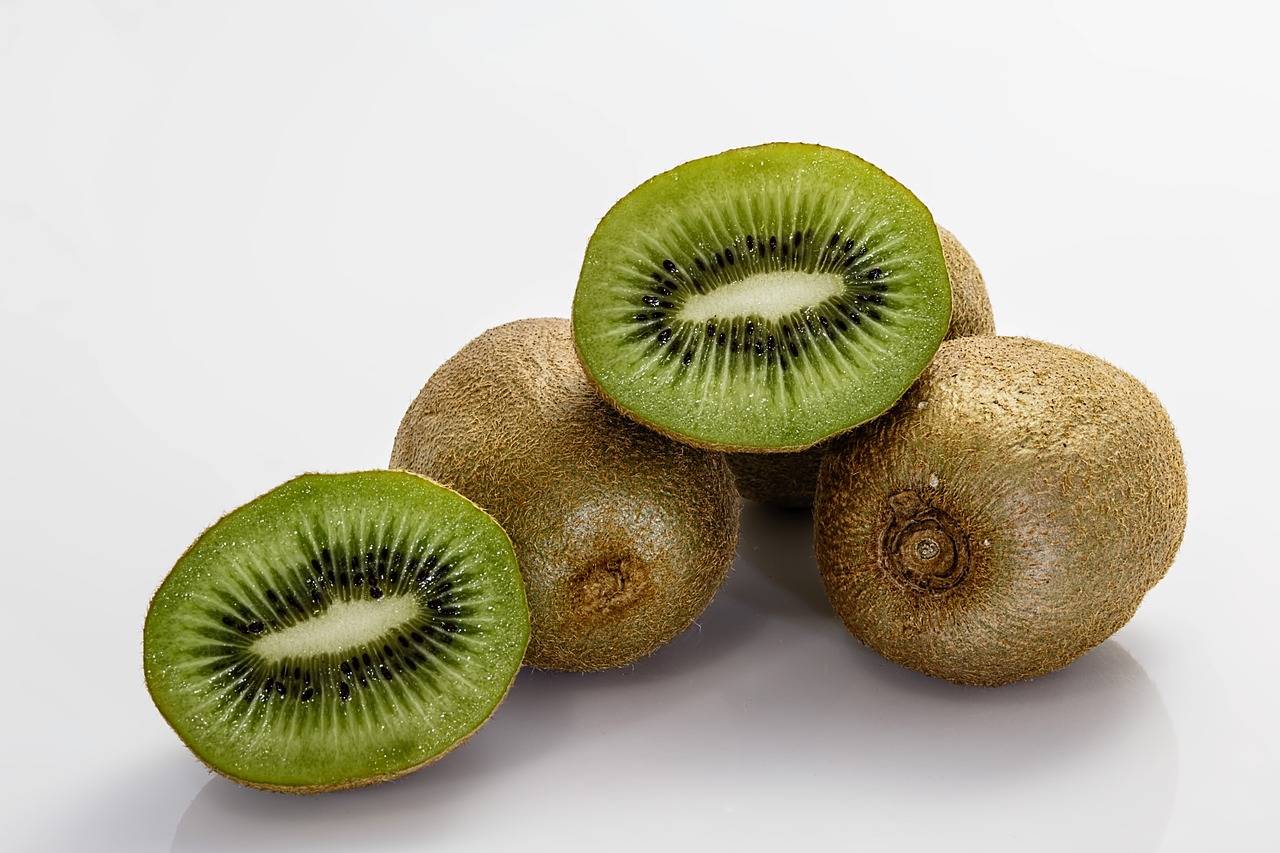 Image by Steve Buissinne from Pixabay
Image by Steve Buissinne from Pixabay
15. Lemon Water
Lemon water is a simple yet effective way to kickstart your metabolism and digestive system in the morning, helping to prevent bloating throughout the day.
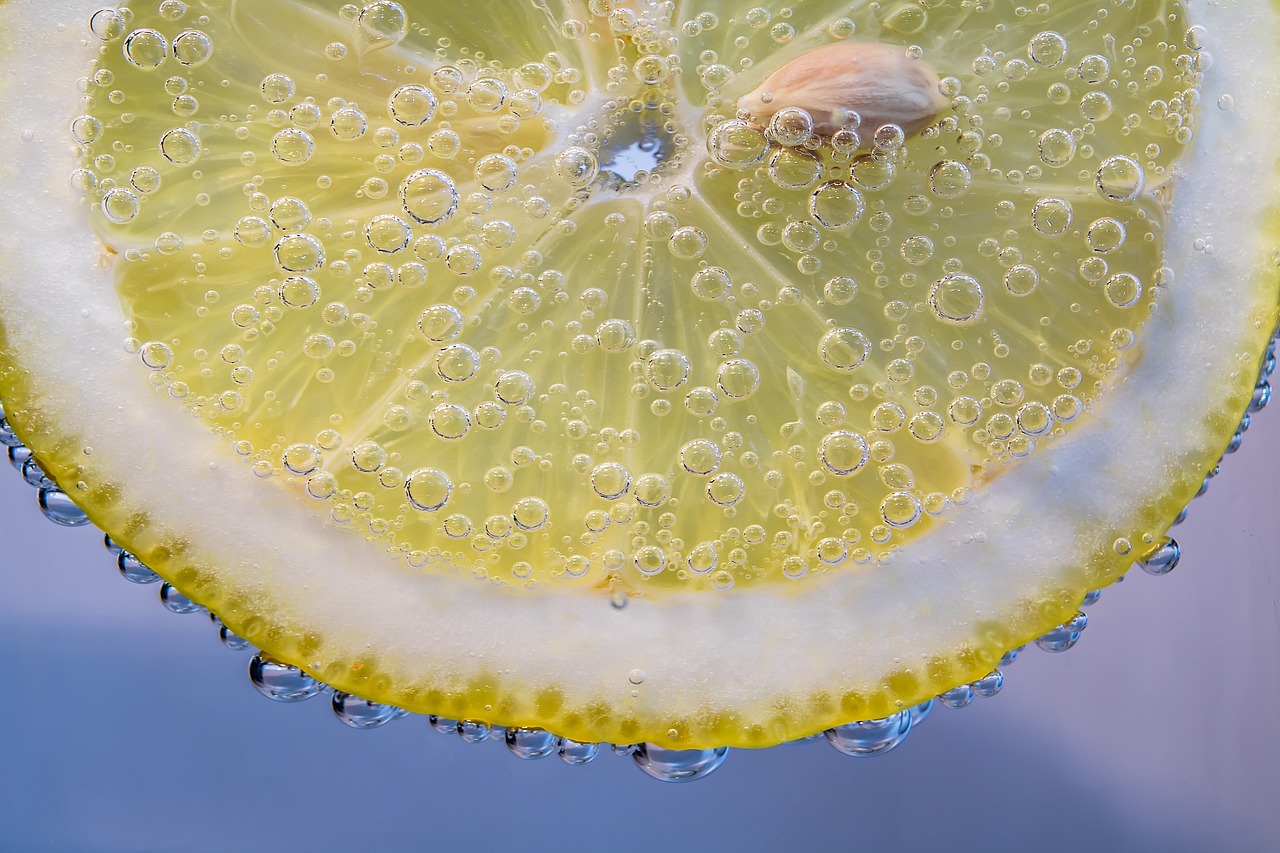 Image by Myriams-Fotos from Pixabay
Image by Myriams-Fotos from Pixabay
Integrating these foods into your diet can help manage and reduce bloating. However, it's important to remember that everyone's body is different, and what works for one person may not work for another. If you're frequently experiencing bloating, it may be wise to consult a healthcare professional for personalized advice.
KEEP ON READING

Happy Hour: The 20 Best Foods For Social Snacking



